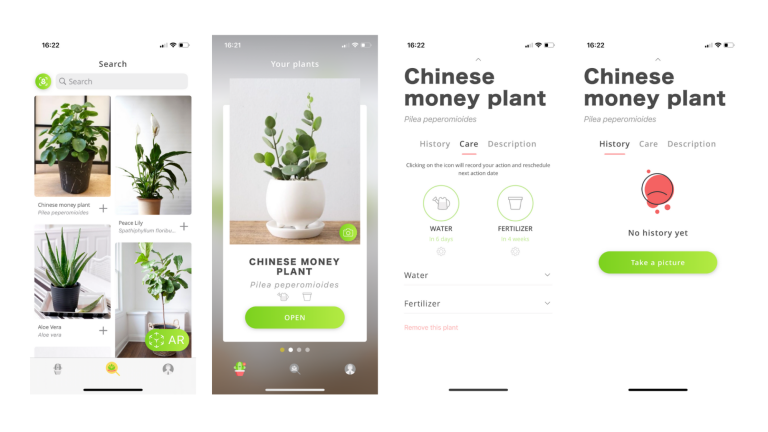Why Customer Experience Should Be Your Startup’s First Priority?
In today’s fast-paced business landscape, startups are constantly trying to gain attention, traction, and loyalty in competitive markets. Amid the buzz of product development, fundraising, and marketing strategies, one aspect that often gets sidelined — but shouldn’t — is customer experience. For startups aiming for long-term success, customer experience shouldn’t just be a department’s responsibility; it should be a central pillar of the company’s strategy.
The Definition of Customer Experience
Customer experience (CX) encompasses every interaction a customer has with your brand — from visiting your website, speaking with customer support, unboxing your product, to giving feedback after a purchase. It goes beyond just customer service. It’s about how customers perceive your brand at every touchpoint, and whether that perception builds trust, satisfaction, and loyalty.
Startups, with their small teams and limited resources, often put customer experience on the back burner, focusing instead on product-market fit or funding rounds. However, this can be a major strategic misstep.
Why Startups Can’t Afford to Ignore CX
1. First Impressions Are Lasting Impressions
Unlike established brands, startups often only have one chance to make an impression. A smooth onboarding process, fast support, or even a well-designed FAQ page can be the difference between a customer staying or churning. Your product might be great, but if your customer experience is confusing, frustrating, or impersonal, you risk losing users before they see the full value.
2. Word of Mouth Is Your Most Powerful Marketing Tool
Early-stage startups rarely have large marketing budgets. In this scenario, delivering a standout customer experience can turn users into evangelists. A happy customer not only returns, but also shares their experience with friends, posts reviews, and even creates content — all of which are forms of free marketing.
On the flip side, a bad experience travels even faster. People are more likely to share negative experiences than positive ones, especially on social media. Prioritizing customer experience from day one helps avoid these brand-damaging outcomes.
read more : Jason Luv Net Worth, Age, Fitness, Wife, Career And Bio 2025
3. CX Drives Retention and Lifetime Value
Acquiring customers is expensive. Retaining them is more cost-effective and profitable. According to studies, increasing customer retention by just 5% can boost profits by 25% to 95%. That’s a massive gain, especially for startups with tight margins.
Great customer experience keeps users engaged, satisfied, and loyal. A proactive support team, quick resolution of issues, and personalized communication all contribute to a longer customer lifecycle and higher lifetime value.
How to Make CX Your Startup’s Priority
1. Build a Customer-First Culture
Everyone on your team — from product to marketing to engineering — should understand the value of customer feedback and experience. It’s not just the job of your support or success team. Make sure customer-centric thinking is part of your hiring, onboarding, and day-to-day operations.
2. Listen Early and Often
Use surveys, support tickets, product reviews, and social listening tools to gather insights. Don’t just collect feedback — act on it. If users are constantly pointing out a confusing step in your onboarding, fix it fast. This responsiveness shows customers that you value them and creates a feedback loop that drives constant improvement.
3. Invest in Tools That Scale With You
At the beginning, it might be tempting to use personal emails or spreadsheets for customer support. But as you grow, these systems will break. Consider adopting scalable CRM tools, helpdesk platforms, and feedback analytics tools that grow with your business.
These tools don’t just improve efficiency; they also help create a consistent, personalized experience for each customer — no matter how large your user base becomes.
4. Train Your Team for Empathy and Proactivity
Your team should not only be skilled in their functional roles but also in dealing with customers empathetically and proactively. Whether it’s responding to a complaint or guiding a user through onboarding, the tone, timing, and helpfulness of the interaction matter.
Empathy builds connection, and proactive service solves problems before they escalate — two things that drive loyalty and referrals.
The Competitive Advantage of CX in the Startup Ecosystem
Startups often compete against bigger players with more resources. However, customer experience is one of the few areas where a small company can truly outshine a giant. Being small can be an asset — it allows you to offer faster, more personalized support, and to implement changes based on feedback more swiftly.
By making startup customer experience a top priority, you not only improve customer satisfaction and loyalty, but you also differentiate your brand in a sea of competitors.
Final Thoughts
Startups thrive on momentum, agility, and customer love. While it’s easy to focus on product development, investor pitches, and growth metrics, never forget that real, sustainable growth comes from loyal customers who love your brand.
In a world where choices are endless and switching costs are low, the companies that will succeed are not just the ones with the best products — but the ones with the best experiences.
Make customer experience not just a priority, but the foundation of your startup’s DNA. Your growth — and your customers — will thank you for it.




